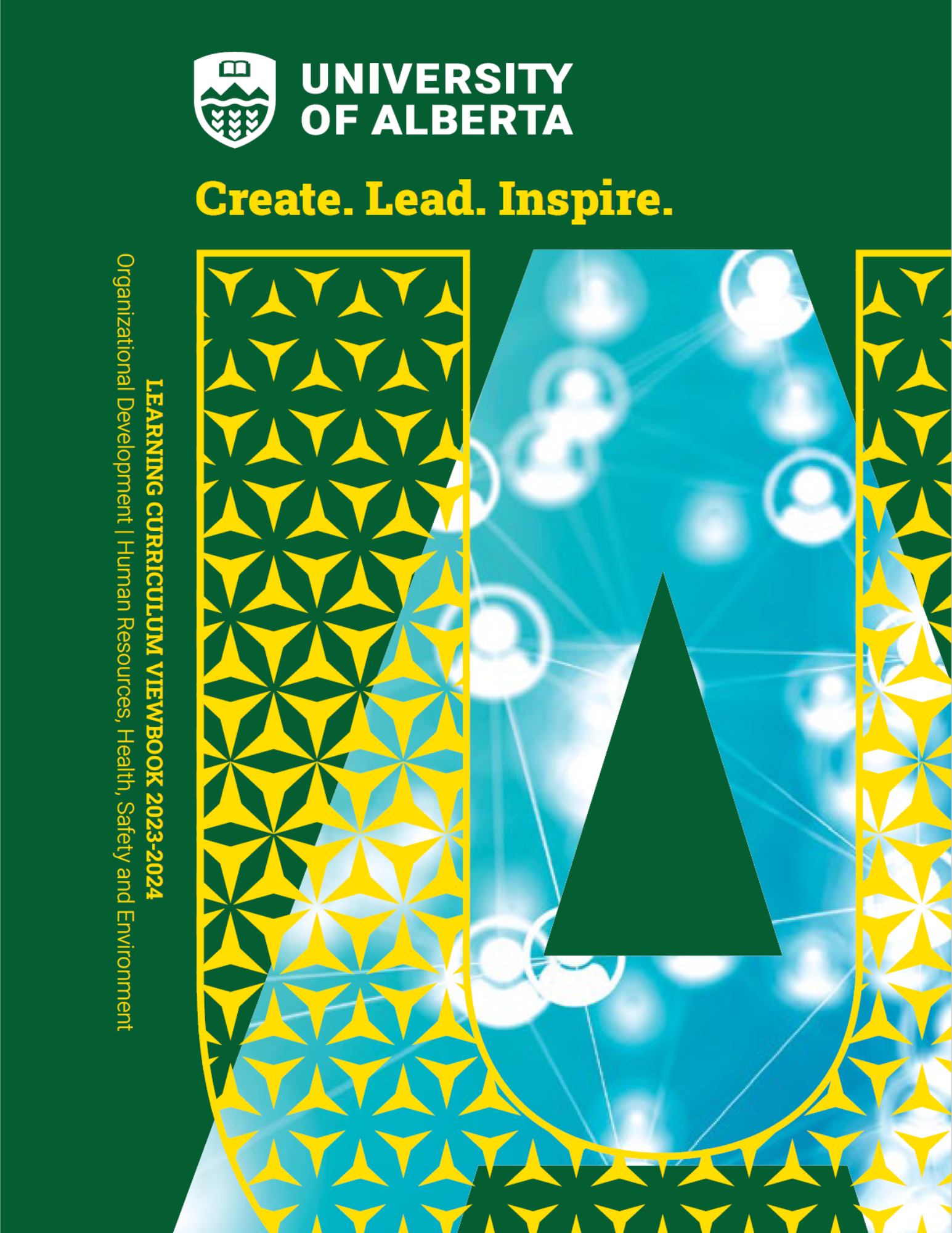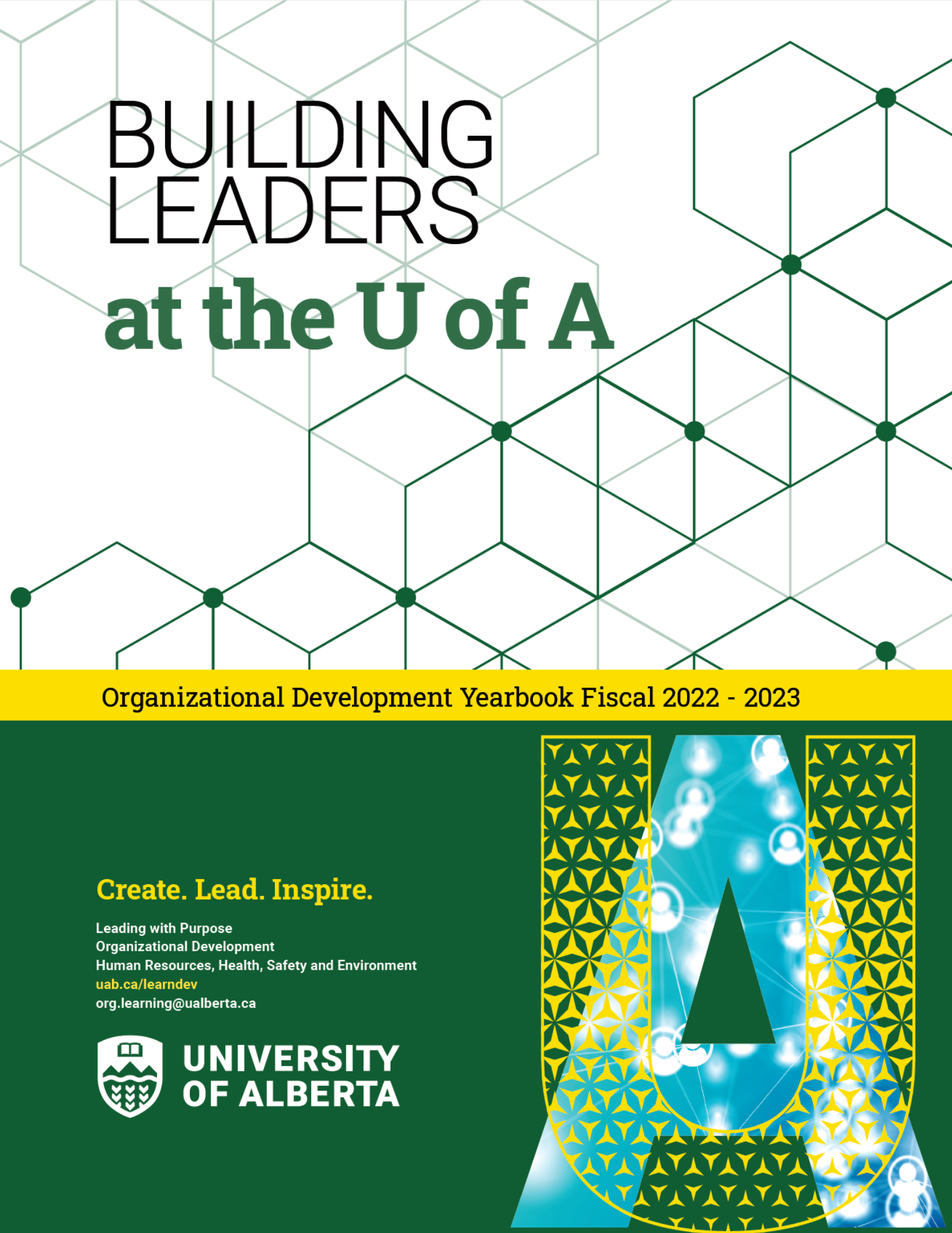Managing Time Authentically

On This Page
about
We all have the same number of hours in a day. Why, then, do we so often feel like we are constantly working against the clock? This workshop is for faculty and staff who want to take control of their time and to use it in a more holistic, authentic way. Beginning with an examination of your values, you will discuss the connection between what is really important to you and time management. You will engage with specific tools, tips and techniques to help you determine your priorities and to discuss what is standing in your way of setting and maintaining appropriate boundaries.
At the end of this workshop, you will commit to a plan of action for improving time management and prioritization in your personal and professional lives using the tools and techniques explored and applied in the session.
Learning Outcomes
- Identify key issues impacting effective time management and prioritization.
- Apply a values based lens to time management and prioritization.
- Explore tools for establishing priorities and goal setting.
- Examine work specific challenges that impact effective time management and prioritization.
- Discuss alignment strategies and how to have boundary setting conversations.
- Identify time wasters and minimization strategies.
- Commit to a time management action plan around personal and professional time management.
eligibility
Workplace skills training is open to all University of Alberta employees.
facilitator
Wendy Wilton
schedule
Click on the course date to register. Registration for upcoming training will be available two months prior to the course date.
| Date | Location |
|---|---|
| May 7, 2025 | Enterprise Square, Downtown Edmonton |
| UPCOMING | |
| October 20, 2025 | Enterprise Square, Downtown Edmonton |
cost
Workplace skills training is free to all University of Alberta employees.
availability
There are 45 seats in each workplace skills workshop.
Workshops that address the curriculum are offered and added throughout the year. Please visit the U of A Events hub open in a new tab to find available courses. If you are interested in offering a workshop to your team that currently has no availability, please contact org.learning@ualberta.ca to discuss options.

